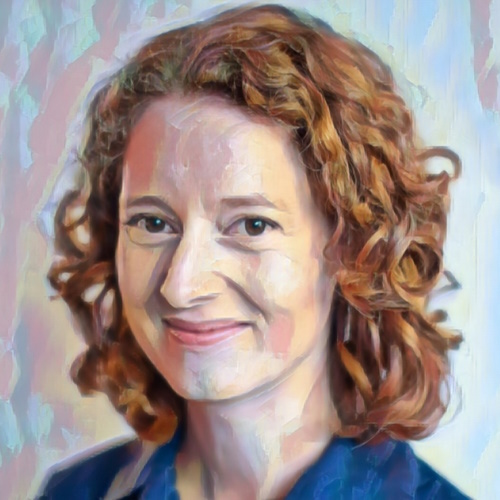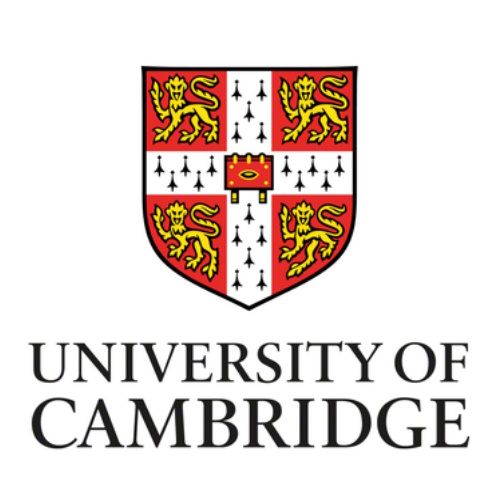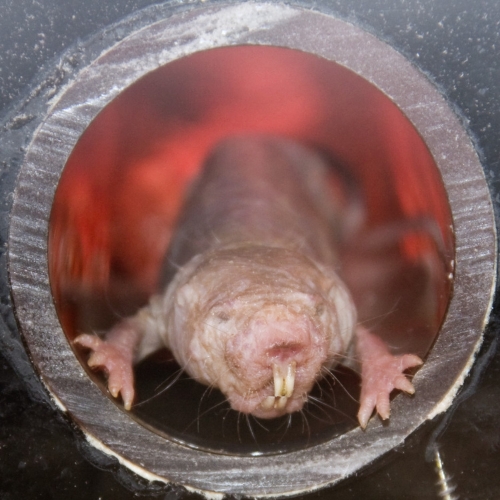Key points from article :
Scientists at University of Cambridge are studying how DNA damage and mutations accumulate with age and contribute to ageing and diseases like cancer.
Dr. Alex Cagan is comparing mutation rates in short and long-lived species like whales and naked mole-rats to understand their DNA repair mechanisms.
These long-lived rodents are resistant to cancer and show minimal neurodegeneration.
Prof. Ewan St John Smith and Dr. Janet Kumita are studying their exceptional DNA repair, protein aggregation prevention, and healthy brain function to find clues for human anti-ageing interventions.
Dr. Kumita is investigating how proteins misfold and form clumps in the brain in diseases like Alzheimer's and Parkinson's.
Dr. Delphine Larrieu studies progeria, a rare premature ageing syndrome, to understand the mechanisms behind nuclear envelope dysfunction and normal ageing.
She identified genes that improve nuclear envelope function, potentially offering cellular rejuvenation approaches.
Inspired by Nobel laureate Shinya Yamanaka's work, scientists are exploring cellular reprogramming to make old cells young again.
While challenges remain, this approach holds promise for treating various age-related diseases.
Dr. Larrieu believes we could see human anti-ageing interventions within the next decade.
These interventions wouldn't aim for immortality but to extend our healthy lifespan by delaying age-related diseases.







